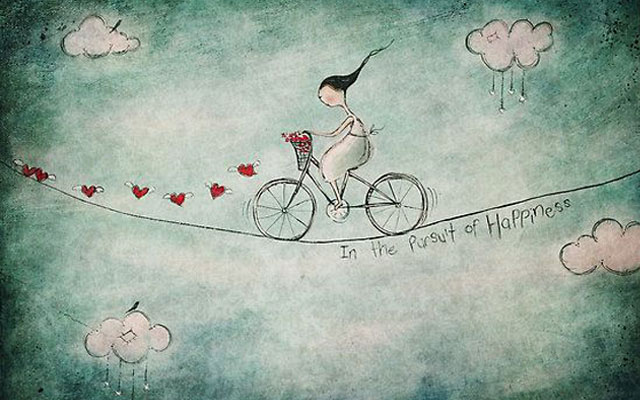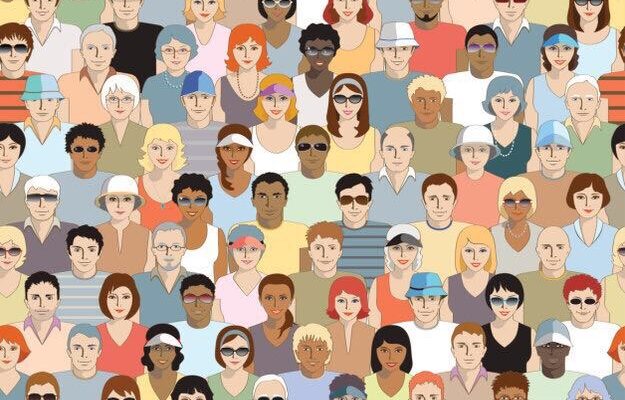“Emotions impact health and behavior, and they should be managed to gain self-mastery.” Avicenna (970-1037), the 11th century medical savant and philosopher foretold the imperative role of emotions on human psyche and behavior in his preeminent book, The Canon of Medicine. Centuries later, James Gross, director of Stanford Psychophysiology Laboratory known with his emotion regulation model explains: Emotional regulation refers to the process by which individuals influence which emotions they have, when they have them, and how they experience and express their feelings. Human ability to control and regulate emotions using reason and willpower is a pivotal strength. Not only …
Tag: emotional regulation
We may all be familiar with the butterflies flying in our stomach when we are head over heels in love. The heart beats faster, the autonomous nervous system signals excitement and increases oxygen to our muscles, the neuroendocrine system is boosted up; being elevated from head to toe, the body feels lighter and on an instant we can take flight. This is how neuroscientists describe the state of “limbic love.” Emotions are activated in the limbic system of the brain and they coordinate our behavior and physiological states even though we are not always consciously aware of them. The …










Social Profiles